Core Faculty
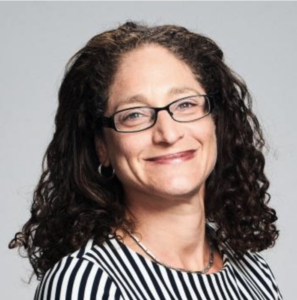 Alyssa Wise – LIVE Director
Alyssa Wise – LIVE Director
Dr. Wise is a Professor of Technology and Education and LIVE Director. Her research combines the tools of data science, the theory of learning sciences and the practices of human-centered design to build and study the use learning analytics systems that promote equitable and effective education. Her recent efforts focus on the development of alternatives to traditional dashboards that use narrative and ambient awareness to support data-informed decision-making in-situ. Dr. Wise holds a Ph.D. in Learning Sciences and M.S. in Instructional Systems Technology from Indiana University, as well as a B.S. in Chemistry from Yale University, and has previously worked in industry, with non-profits and in classrooms across the Americas.
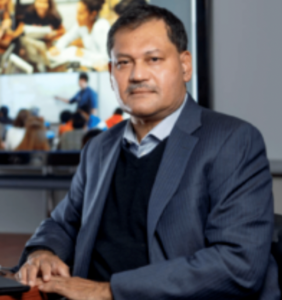 Gautam Biswas
Gautam Biswas
Dr. Biswas is a Cornelius Vanderbilt Professor of Engineering and a Professor of Computer Science and Computer Engineering in the Department of Computer Science at Vanderbilt University. He also is a Senior Research Scientist at the Institute for Software Integrated Systems. He has an undergraduate degree in Electrical Engineering from the Indian Institute of Technology (IIT) in Mumbai, India, and an M.S. and a Ph.D. degree in Computer Science from Michigan State University in E. Lansing, MI. Dr. Biswas conducts research in Intelligent Systems with primary interests in monitoring, control, and fault adaptivity of complex cyber-physical systems.
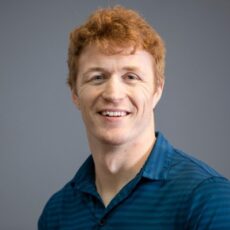 Brian Broll
Brian Broll
Dr. Broll is currently a Research Scientist at the Institute for Software Integrated Systems at Vanderbilt University. He holds a Ph.D. from Vanderbilt University in Computer Science and a B.S. from Buena Vista University, majoring in mathematics education. His research interests include computer science education and model-integrated computing. The implementation of his dissertation work, NetsBlox, extends Snap! (the educational visual programming language developed at Berkeley) by providing networking capabilities including messaging and access to real-world data sources. Dr. Broll is also interested in artificial intelligence, machine learning, and making techniques in these areas more accessible for those outside of the particular fields.
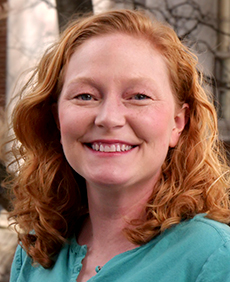 Caroline Christopher
Caroline Christopher
caroline.christopher@vanderbilt.edu
Dr. Christopher is a research assistant professor in the departments of Teaching and Learning, and Human and Organizational Development. Her research explores the efficacy of social and educational programs. One of Dr. Christopher’s projects has been to develop chalk, a progressive web-based program to support teachers and teaching coaches to incorporate objective assessment of classroom practices in support of data-driven coaching conversations. Dr Christopher works to identify problems of practice in collaboration with the Tennessee Department of Education’s Office of Early Learning, and she is co-PI for the Nashville Longitudinal Study of Youth Safety and Wellbeing (PI: Maury Nation), which explores how to improve student supports in the Metro Nashville Public Schools.
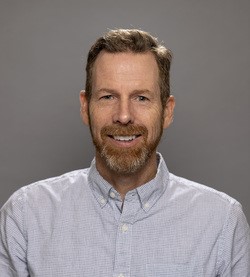 Scott Crossley
Scott Crossley
Dr. Crossley is a professor of special education whose research focuses on using data science and artificial intelligence to explore cognition, with an emphasis on natural language processing. Dr. Crossley is excited by the opportunities computational linguistics affords for better understanding and engaging student success in the classroom and looks forward to collaborating with the communities at Peabody College and the Vanderbilt Data Science Institute.
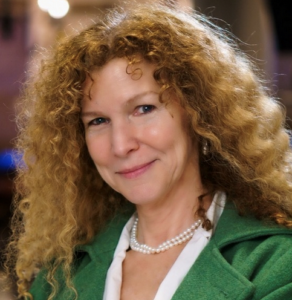 Corbette Doyle
Corbette Doyle
Dr. Doyle is a Senior Lecturer of Organizational Leadership in the Department of Leadership, Policy, and Organizations at Vanderbilt University’s Peabody College. Her particular areas of expertise are diversity in the workplace, women’s leadership, risk financing, and the healthcare industry. She currently serves on the Boards of Trust of Martin Methodist College and the Professional Liability Underwriting Society. Dr. Doyle also consults with Fortune 500 companies and is an external member of Nissan America’s Executive Diversity Council.
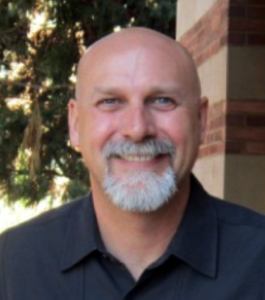 Noel Enyedy
Noel Enyedy
Dr. Enyedy is a Professor of Science Education in the Department of Teaching and Learning at Vanderbilt University. He studies how people learn through social interaction, often engaging in Design-Based-Research. As a result, Dr. Enyedy creates new teaching and learning contexts where teachers and students have opportunities to learn. From the records (often videotaped interactions) of teacher and student learning, Dr. Enyedy strives to understand how learning is organized. For the last 10 years, he has been pioneering the use of mixed reality environments—where the physical motion of children moving around a room is used as the input for a computer simulation. The intent of the mixed reality participatory simulations is to spark conversations between students and support instructional conversations in productive ways.
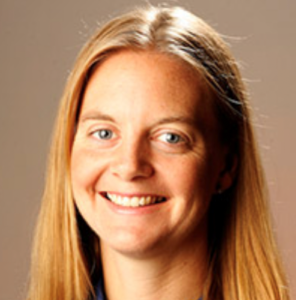 Amanda Goodwin
Amanda Goodwin
Dr. Goodwin is an Associate Professor in Language, Literacy, and Culture in the Department of Teaching and Learning at Vanderbilt University’s Peabody College. She is a certified educator who has taught in public and private schools at the elementary, middle, and collegiate levels. Dr. Goodwin is interested in how aspects of word knowledge, such as knowledge and awareness of morphemic units like roots and affixes, support the increased reading demands that adolescent readers face when reading content-specific texts. As Pinker (1994) writes, “The engineering trick behind human language—it’s being a discrete combinatorial system—is… [that] words themselves are built out of smaller bits by another set of rules, the rules of ‘morphology’” (p. 120). She aims to help readers become aware of the morpho-phonemic nature of English. Recent projects include exploring how middle school students build lexical representations for morphologically complex words like “thermosphere” and “financially”. Her research team is working on modeling how knowledge of different aspects of root words (e.g., “financial”) supports knowledge of different aspects of derived words (e.g., “financially”) across different words and readers.
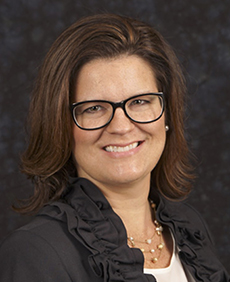 Mary Ann Jessee
Mary Ann Jessee
Dr. Jessee is an Associate Professor and Assistant Dean for Academics in Vanderbilt’s School of Nursing. She joined the Vanderbilt University School of Nursing faculty in 2003 with a background in medical surgical and neurosurgical intensive care nursing practice. Her research focuses on how the learning environment, including the clinical environment and curricular implementation strategies, influences the development of clinical reasoning in pre-licensure nursing students. As the Assistant Dean for Academics, Generalist Nursing Practice, she supports a learning environment that promotes student development of clinical reasoning through innovative and challenging learning experiences designed to develop the knowledge, skill, and attitudes essential for the future of nursing practice.
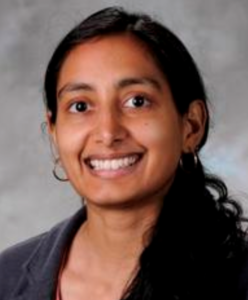 Maithilee Kunda
Maithilee Kunda
Dr. Kunda is an Assistant Professor of Computer Science and Computer Engineering in the Department of Computer Science at Vanderbilt University. Her work in artificial intelligence (AI), in the area of cognitive systems, looks at how visual thinking contributes to learning and intelligent behavior, with a focus on applications related to autism and neurodiversity. Dr. Kunda currently directs Vanderbilt’s Laboratory for Artificial Intelligence and Visual Analogical Systems and is a founding investigator in Vanderbilt’s Frist Center for Autism and Innovation. In 2016, she was recognized as a visionary on the MIT Technology Review’s global list of 35 Innovators Under 35 for her research at the intersection of autism, AI, and visual thinking. In 2020, her research on innovative methods for cognitive assessment was featured on CBS 60 Minutes with Anderson Cooper, as part of a segment on neurodiversity and the workforce. And in 2022, her work on a new educational video game to help teenagers on the spectrum improve their social and theory of mind reasoning skills was featured in the New York Times, in an article on AI and special education. Dr. Kunda holds a B.S. in mathematics with computer science from MIT and a Ph.D. in computer science from Georgia Tech.
 Akos Ledeczi
Akos Ledeczi
Dr. Ledeczi is a Professor of Computer Science and a Professor of Electrical and Computer Engineering in the School of Engineering at Vanderbilt University. His two main research areas are computer science education and wireless sensor networks (WSN), with an additional focus on Model Integrated Computing.
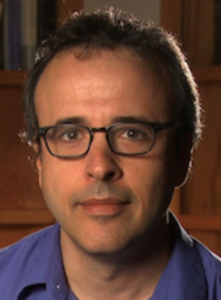 Daniel Levin
Daniel Levin
Dr. Levin is a Professor of Psychology and Human Development at Vanderbilt University’s Peabody College. Research in the Levin Lab is focused on the interface between knowledge and visual perception. To this end, Dr. Levin has been exploring the concepts associated with a variety of object categories and the knowledge that drives visual selection during scene and event perception
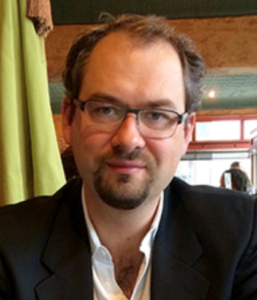 Ole Molvig
Ole Molvig
Dr. Molvig is an Assistant Professor of History, an Assistant Professor of Communications of Science and Technology, and an Assistant Professor of Physics at Vanderbilt University. He is a historian of the modern sciences and technology who joined Vanderbilt following 4 years on the faculty at Yale. He completed his B.S. degrees at the University of Wisconsin in Physics, Astronomy, and History of Science, and did his graduate work at Princeton University where he examined the creation of and responses to Albert Einstein’s General Theory of Relativity for his Ph.D. in History. Dr. Molvig explores how science, technology, and society interact. How did Einstein, and his theories, become seen as revolutionary? How has and how will digital innovations like artificial intelligence impact society? How does magic become technology? These are the types of questions he explores, researches, and teaches.
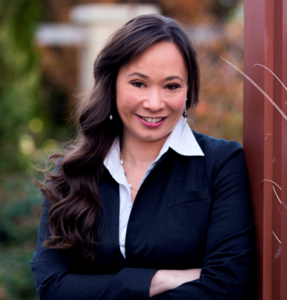 Pamela Wisniewski
Pamela Wisniewski
pamela.wisniewski@vanderbilt.edu
Dr. Wisniewski is an Associate Professor of Computer Science in the Department of Computer Science at Vanderbilt University. Her research examines the complex interactions between technology and people and how this interplay affects human behavior and society. Combining computer science, social science, and user-centered design principles, the STIR Lab leverages interdisciplinary approaches to deeply understand users, their needs, and the technologies that can be designed to best meet those needs.
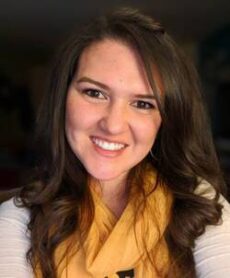 Cristina Zepeda
Cristina Zepeda
cristina.zepeda@vanderbilt.edu
Dr. Zepeda investigates how to best support student learning. Her lab, The Advanced Learning Laboratory, focuses on examining how metacognition, motivation, and other instructional techniques can inform our understanding of learning and transfer with the goal of making education more equitable. Dr. Zepeda asks questions such as: How can we support students to use effective learning strategies? Do certain learning activities spark different types of motivation? How can we prepare learners for future learning experiences?